What is SeRC?
The Swedish e-Science Research Centre (SeRC) is an environment within the strategic research area (SRA) of e-Science, funded by the Swedish government Strategic Research Area Initiative and based on a collaboration between four universities: Kungliga Tekniska högskolan (KTH), Stockholms universitet (SU), Karolinska institutet (KI) and Linköpings universitet (LiU). It was founded in 2010 resulting from the Swedish Government Bill on Research Policy. In this bill, a total of 24 different strategic research areas were defined, of which e-Science is one.
The mission statement of SeRC is to develop state-of-the-art e-Science tools and provide an e-infrastructure support to existing and emerging e-Science communities to achieve scientific breakthroughs in Sweden.
Prioritised activities
Multidisciplinary collaboration programmes
SeRC will develop multidisciplinary collaboration programmes in strategic areas with high potential gain, by consolidating the SeRC efforts into larger constellations.
Scientific computing lab
Following international examples, for instance from NCSA at UIUC, SeRC will prototype a scientific computing lab, where researchers from applications, methods, and infrastructure can collaborate, forming the ”human e-Cloud”.
Data-driven science
SeRC will help transfer knowledge on the use of methods and tools from data science to enable new research methodologies in SeRC communities and for other Swedish e-Science researchers.
e-Science
Science is currently being redefined by the use of computers. New scientific insights are gained by using and processing digital information. SeRC pushes the limit of what can be achieved.
We are right in the middle of a revolution where computers are redefining science as we know it. While the trend started in the natural and engineering sciences, it has evolved to become a pervasive component of virtually all scientific fields: modern aeroplane design depends more on computational fluid dynamics than wind tunnels, bioinformatics has turned biology into a quantitative subject, and we are seeing entirely new data-driven science, for instance in medicine.
Many of the challenges faced are similar: all these research directions rely on access to large computational resources, ability to work with and archive huge amounts of data, new algorithms both for computation and large-scale data analysis, and not least providing career paths for the highly skilled computational staff we recruit.
In its most basic form, the concept of e-Science is simply the notion of using digital information and the processing of this information to gain new scientific insights. This means that much of what we could call e-Science can be conducted using standard solutions both in terms of hardware and software.




